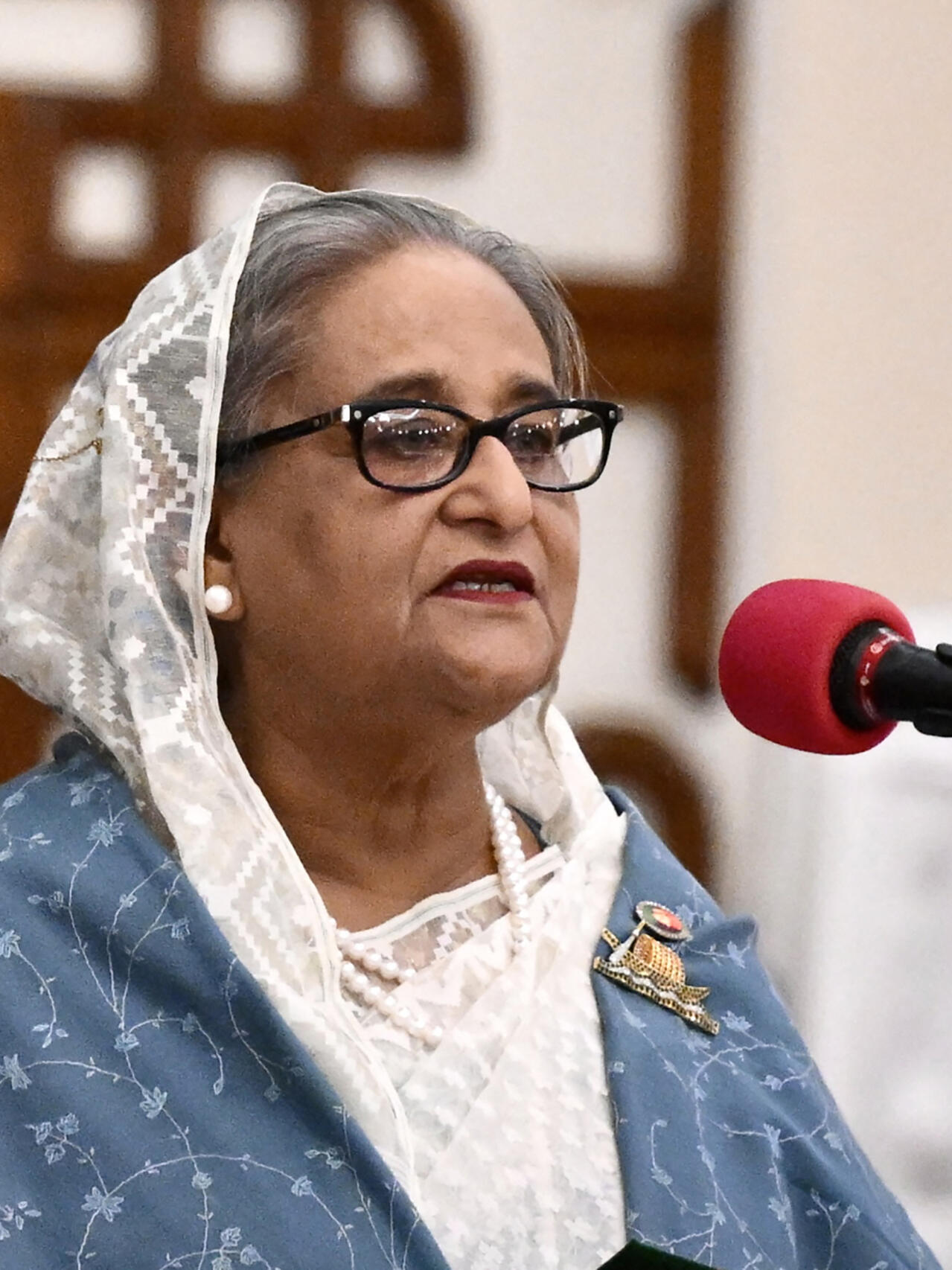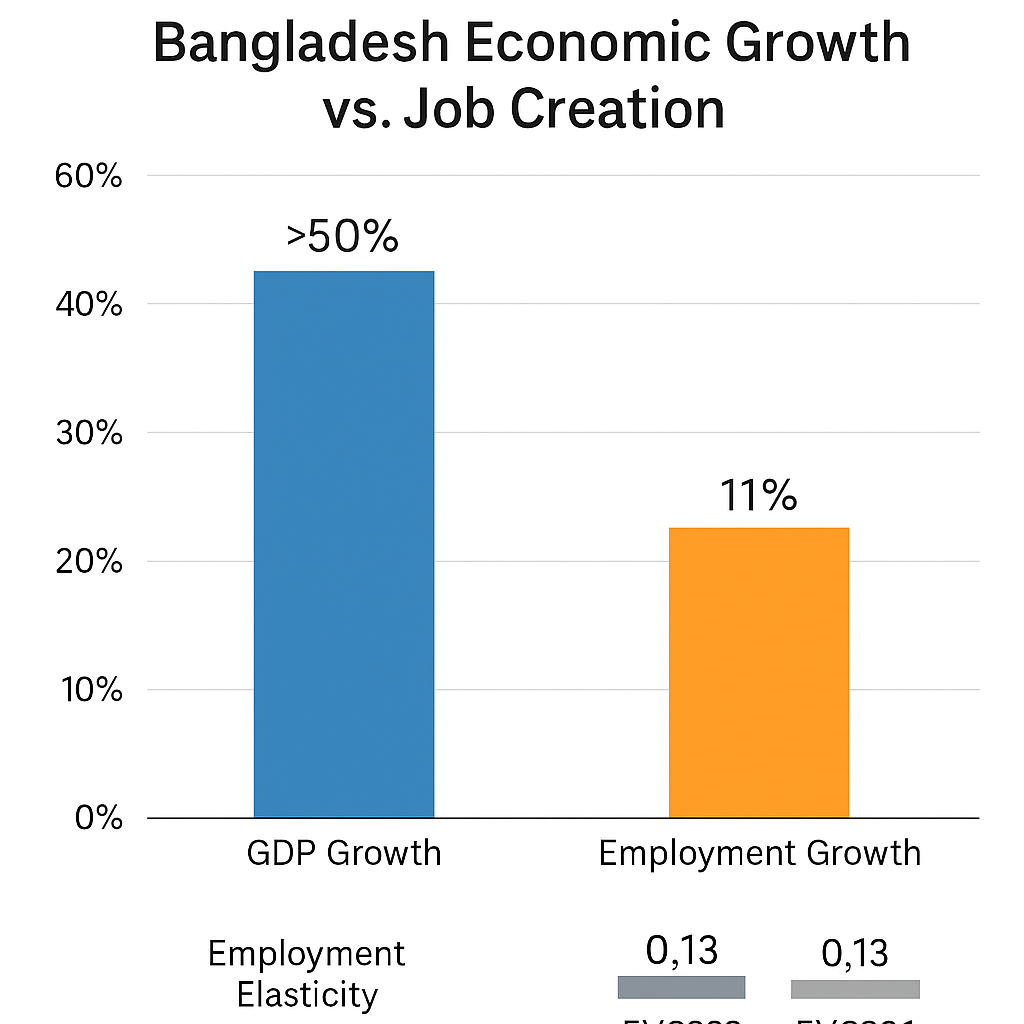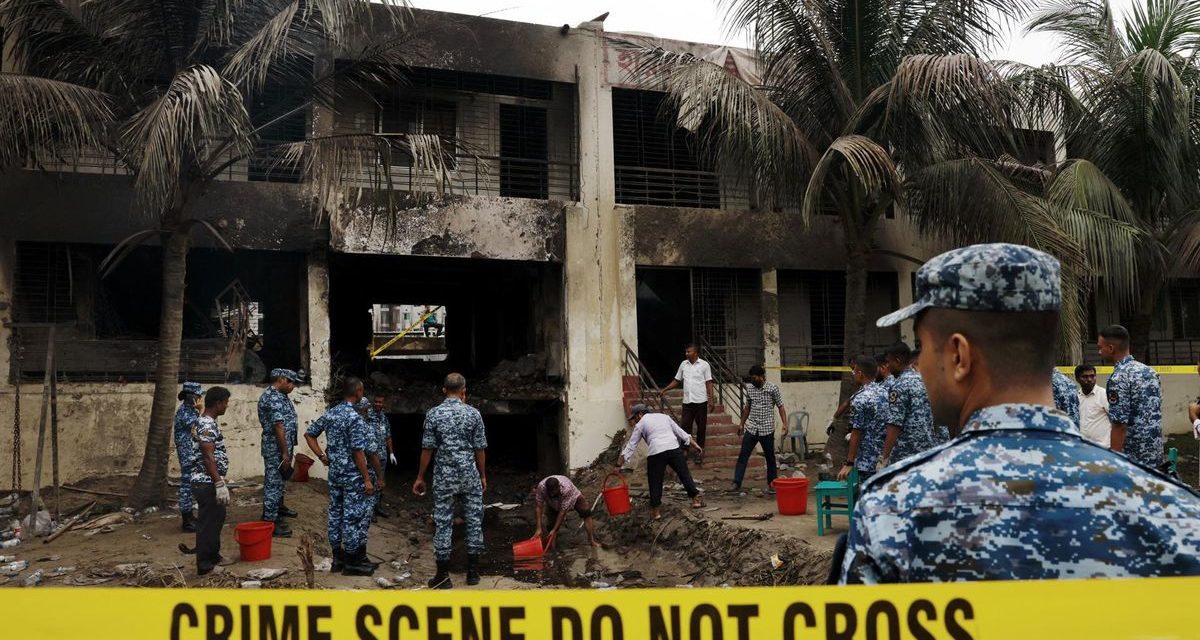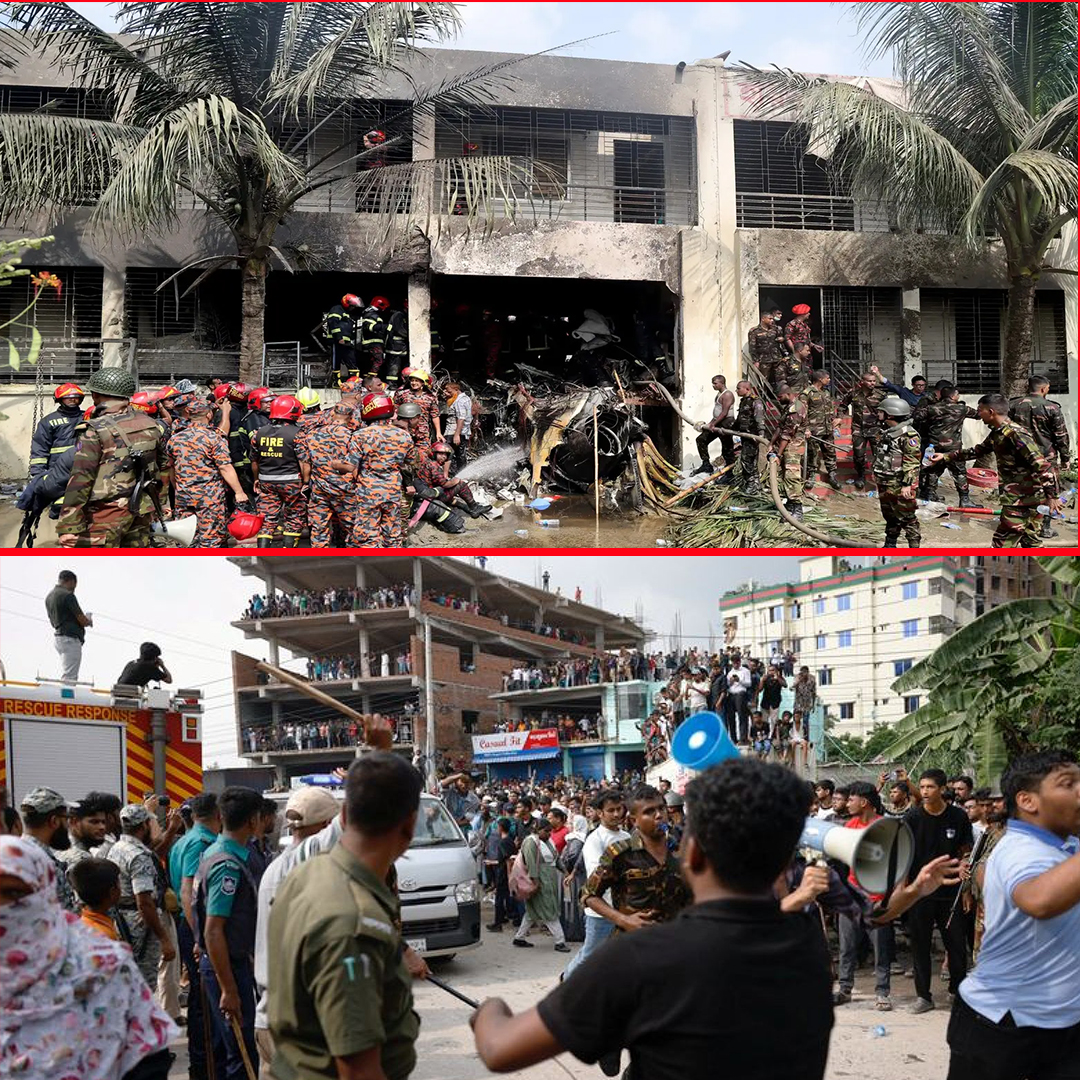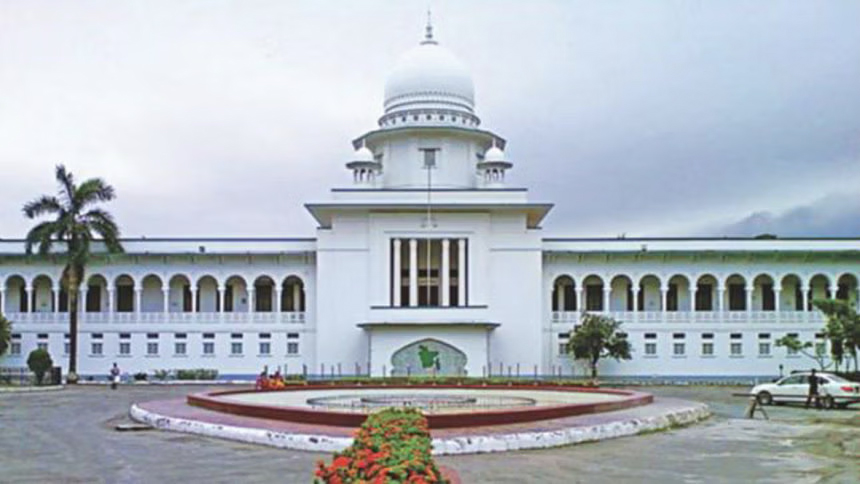
Amid escalating tensions, key figures demand due process and prepare for the crucial party council
On July 8, 2025, sixteen senior presidium members of the Jatiya Party publicly rejected dismissal notices issued against them by the party chairman. At a press conference held in Gulshan, three of the party’s most prominent figures—Anisul Islam Mahmud, ABM Ruhul Amin Hawlader, and Mujibul Haque Chunnu—declared that they would not be leaving the Jatiya Party despite being removed from their posts. They argued that the chairman’s decision to suspend or expel them was not only unconstitutional and undemocratic but also a clear violation of the party’s internal rules. The leaders insisted they remain active party members and vowed to challenge the move through legal and organizational channels.
The escalating crisis was triggered by a series of internal disputes centered around the functioning of the presidium and the control of key party decisions. The chairman, exercising authority he claims is granted by the party constitution, replaced Mujibul Haque Chunnu as secretary general with Shamim Haider Patwary. This was part of a broader move that included the dismissal of Mahmud and Hawlader, who were accused of violating party discipline. The chairman’s office justified these decisions based on recommendations made by several district and metropolitan committees and ratified at a presidium meeting on June 28.
The dismissed leaders, however, strongly contested this narrative. They argued that the June 28 presidium meeting did not meet quorum and that any such decision taken during that session lacks legitimacy. According to them, no formal hearing was convened to give them an opportunity to respond to the charges, which is a required step under the party’s own constitution. They accused the chairman of acting unilaterally and undermining democratic norms within the organization.
The dissidents also pointed to Article 20/1(k) of the party’s constitution, which states that any significant disciplinary action or leadership change must be approved through the national council. They argued that any attempt to reorganize leadership positions before the council meeting is not only procedurally flawed but also politically motivated. Asserting that the party belongs to its grassroots members and not any one individual, the dismissed presidium members called on supporters to uphold the values of internal democracy and await the decisions of the party’s next council session.
This internal split comes at a crucial moment for the Jatiya Party, which has long struggled to maintain cohesion in the post-Ershad era. The party has been marred by factional disputes, leadership uncertainty, and a weakening electoral base. Tensions have simmered for months as the leadership faced pressure to hold a full party council, a demand that had gained urgency following the political upheaval of 2024 and the broader democratic reforms taking place across the country.
The current crisis marks a turning point in the party’s internal politics. The group of sixteen leaders represents a significant faction within the party, many of whom have held key roles for decades. Their refusal to accept dismissal without due process signals not only resistance to authoritarian control but also a broader demand for institutional accountability. They have indicated plans to challenge the legality of their removal in court, raising the stakes in what could become a protracted legal and political battle.
Despite their dismissals, the ousted leaders confirmed they would participate in the upcoming party council. They maintain that this council is the proper forum to resolve disputes and reaffirm party unity. Their message was clear: the authority to elect or remove leaders must come from the party’s representative bodies, not from unilateral decisions by a single officeholder.
On the other hand, the chairman and his supporters argue that disciplinary actions were necessary to preserve party unity and respond to what they perceive as insubordination. They maintain that the dismissed leaders were undermining party cohesion and acting against collective interests. The appointment of a new secretary general was portrayed as part of an effort to bring fresh leadership and direction to the party.
The situation has created deep uncertainty within the Jatiya Party, with members and supporters left to choose between rival factions. The legitimacy of the upcoming council itself may come under question if disputes over representation and voting rights are not resolved amicably. Analysts warn that prolonged infighting could significantly weaken the party ahead of the next electoral cycle, especially at a time when voters are seeking credible alternatives in a rapidly changing political landscape.
The events also raise broader questions about political accountability and the role of internal democracy in party governance. The challenge faced by the Jatiya Party is not unique; similar struggles have played out in other major political organizations in the country as they grapple with demands for transparency and reform. What sets this episode apart is the scale of the challenge to the leadership and the clear call for constitutional order from within the party itself.
As the legal process begins and the council date approaches, the future of the Jatiya Party hangs in the balance. Whether it will emerge from this escalating crisis more united or further fragmented may depend on the willingness of its leaders to respect due process and the collective voice of its membership. For now, the party finds itself at a crossroads, caught between tradition, personal authority, and the growing demand for participatory leadership.
source : prothomalo


